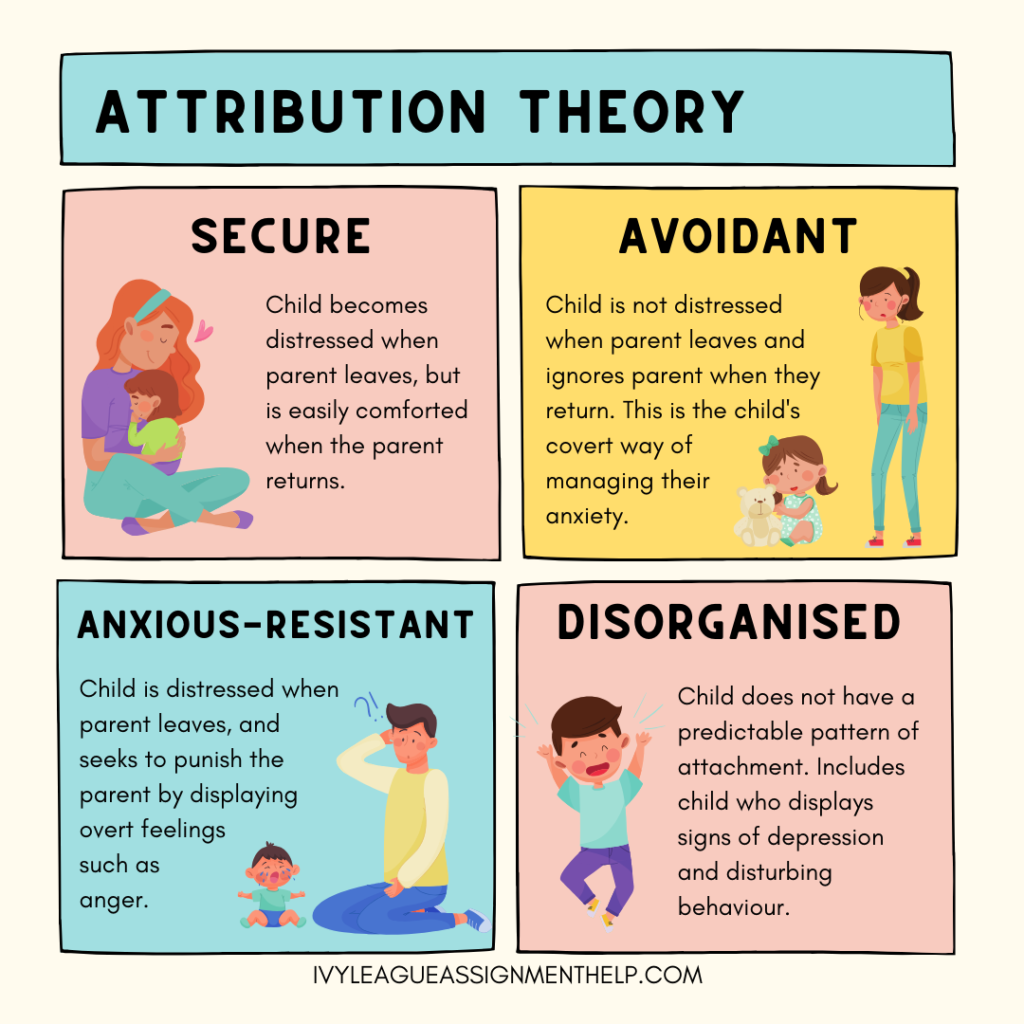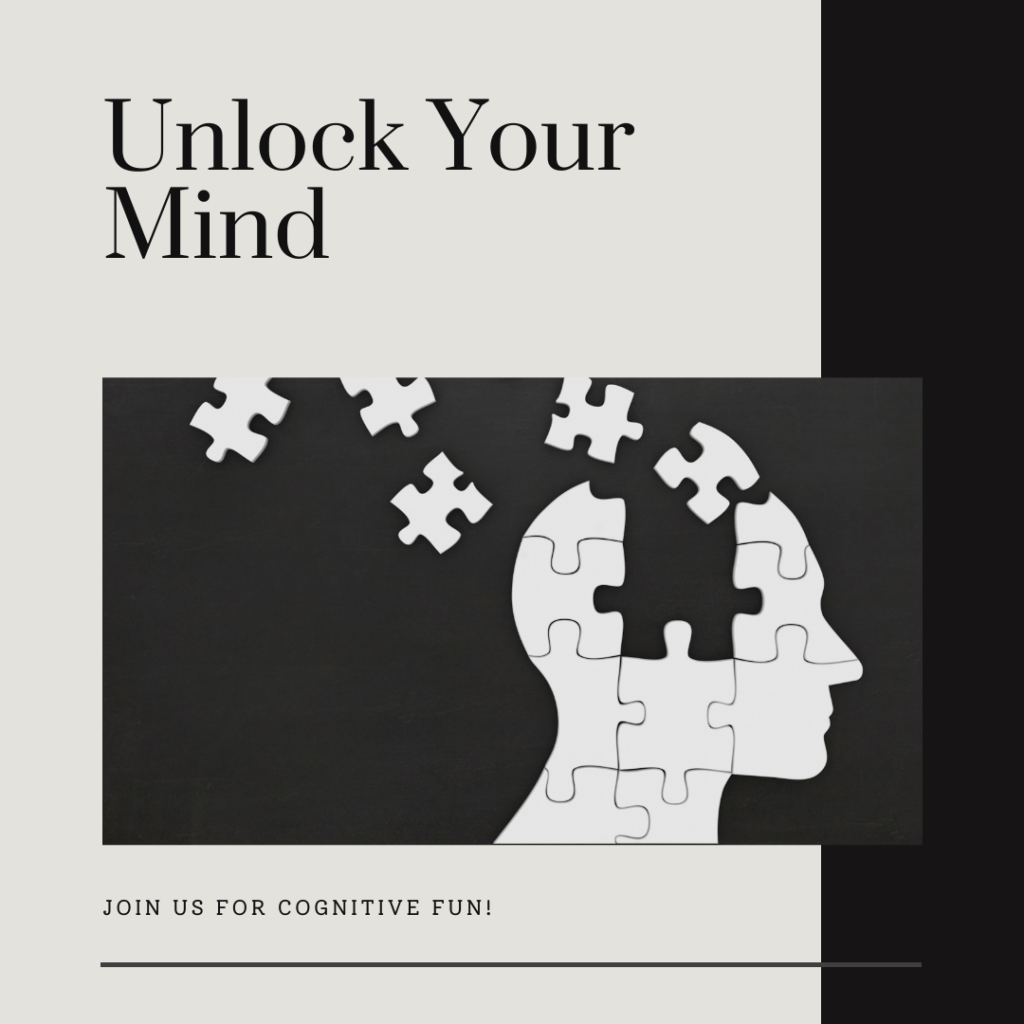Attribution Theory
Introduction to Attribution Theory
Attribution Theory is a psychological framework that explains how individuals interpret and assign causes to events and behaviors. Developed by Fritz Heider in the mid-20th century, the theory posits that people are motivated to understand the reasons behind their own and others’ actions, leading to internal (dispositional) or external (situational) attributions.
Historical Background of Attribution Theory
Origins and Key Figures
Attribution Theory was introduced by Fritz Heider in his 1958 book “The Psychology of Interpersonal Relations.” Heider’s work laid the foundation for understanding how people perceive causality. Later, Harold Kelley and Bernard Weiner expanded the theory, introducing key concepts such as the covariation model and the dimensions of attribution.

Core Principles of Attribution Theory
Internal vs. External Attribution
- Internal (Dispositional) Attribution: Assigning the cause of behavior to internal factors such as personality, traits, or abilities.
- External (Situational) Attribution: Assigning the cause of behavior to external factors such as environment, social pressure, or luck.
Stability
- Stable Attribution: Belief that the cause of behavior is consistent over time.
- Unstable Attribution: Belief that the cause of behavior is variable and subject to change.
Controllability
- Controllable Attribution: Belief that the cause of behavior can be influenced or controlled by the individual.
- Uncontrollable Attribution: Belief that the cause of behavior is beyond the individual’s control.
Types of Attributions
Internal (Dispositional) Attributions
Internal attributions are explanations that relate to personal characteristics. For example, if a student fails an exam and attributes the failure to lack of ability, this is an internal attribution.
External (Situational) Attributions
External attributions are explanations that relate to situational factors. For example, if the same student attributes the failure to the difficulty of the exam, this is an external attribution.
The Role of Attribution in Behavior
Decision Making
Attributions influence decision making by affecting how individuals interpret events and predict future outcomes. For example, attributing a successful project to one’s own skills may lead to more confidence in taking on new challenges.
Emotional Responses
Attributions shape emotional responses to events. Internal attributions for success can lead to pride, while internal attributions for failure can lead to shame or guilt.
Motivation
Attributions affect motivation by influencing beliefs about control and stability. Believing that success is due to internal, controllable factors can enhance motivation to achieve goals.
Attributional Biases
Fundamental Attribution Error
The fundamental attribution error is the tendency to overemphasize internal factors and underestimate external factors when explaining others’ behavior.
Self-Serving Bias
The self-serving bias is the tendency to attribute one’s successes to internal factors and failures to external factors, thereby protecting self-esteem.
Actor-Observer Bias
The actor-observer bias is the tendency to attribute one’s own actions to external factors while attributing others’ actions to internal factors.
Applications of Attribution Theory
Education
In education, Attribution Theory helps understand how students interpret their successes and failures, which influences their motivation, self-esteem, and academic performance.
Workplace
In the workplace, the theory is used to analyze employee performance, leadership effectiveness, and organizational behavior. It helps in designing feedback and reward systems that motivate employees.
Healthcare
In healthcare, Attribution Theory explains how patients and providers interpret health behaviors and outcomes, impacting treatment adherence and health interventions.
Relationships
In relationships, the theory explores how partners attribute behavior, which affects communication, conflict resolution, and relationship satisfaction.
Attribution Theory in Education
Student Performance
Attributions about success and failure affect students’ academic motivation and performance. Encouraging students to attribute success to effort and strategy rather than innate ability can improve persistence and resilience.
Teacher Expectations
Teachers’ attributions about student behavior influence their expectations and interactions. Recognizing external factors can lead to more supportive teaching practices.
Classroom Dynamics
Understanding attributional processes helps create a positive learning environment where students feel motivated and supported.
Attribution Theory in the Workplace
Employee Performance
Attributions about performance impact employee motivation and satisfaction. Positive reinforcement and constructive feedback can foster a growth mindset.
Leadership
Leaders’ attributions about team performance influence their management style and effectiveness. Recognizing situational challenges helps in providing appropriate support.
Organizational Behavior
Attribution Theory aids in understanding workplace dynamics, improving communication, and enhancing organizational culture.
Attribution Theory in Healthcare
Patient Behavior
Patients’ attributions about health outcomes affect their adherence to treatment plans. Understanding these attributions helps healthcare providers tailor interventions to improve compliance.
Health Outcomes
Attributions influence patients’ emotional responses to illness and their engagement in health-promoting behaviors. Positive attributions can enhance recovery and well-being.
Provider-Patient Interaction
Effective communication between providers and patients involves recognizing and addressing attributional biases, fostering trust, and improving health outcomes.
Attribution Theory in Relationships
Relationship Dynamics
Attributions about partners’ behavior affect relationship satisfaction and conflict resolution. Positive attributions can enhance relationship quality, while negative attributions can lead to misunderstandings.
Conflict Resolution
Understanding attributional processes helps partners address conflicts constructively by focusing on situational factors rather than personal blame.
Communication Patterns
Effective communication involves recognizing and addressing attributional biases, fostering empathy, and improving relational dynamics.
Criticisms and Limitations of Attribution Theory
Challenges and Counterarguments
While Attribution Theory has been influential, it faces criticisms such as:
- Overemphasis on Rationality: Critics argue that the theory assumes individuals always act rationally, overlooking emotional and irrational aspects of behavior.
- Cultural Bias: Attributional processes may vary across cultures, and the theory may not fully account for these differences.
- Complexity of Attribution: Human behavior is influenced by a multitude of factors, and attributions may oversimplify these complexities.
Attribution Theory in Modern Psychology
Research Advances
Modern research continues to explore and validate Attribution Theory, using advanced methodologies to study attributional processes in diverse contexts.
Integration with Other Theories
Attribution Theory is integrated with other psychological theories, such as cognitive dissonance theory and social learning theory, to provide a more comprehensive understanding of human behavior.
Attribution Theory vs. Other Psychological Theories
Comparison with Cognitive Dissonance Theory
While Cognitive Dissonance Theory focuses on the discomfort from conflicting cognitions and the motivation to reduce it, Attribution Theory explains how individuals assign causes to events and behaviors.
Comparison with Social Learning Theory
Social Learning Theory emphasizes learning through observation and imitation, whereas Attribution Theory focuses on how people interpret and explain behavior.
Influential Figures in Attribution Theory
| Psychologist | Contribution |
|---|---|
| Fritz Heider | Developed the foundation of Attribution Theory, emphasizing the distinction between internal and external attributions. |
| Harold Kelley | Introduced the covariation model, explaining how people attribute behavior based on consensus, consistency, and distinctiveness. |
| Bernard Weiner | Expanded Attribution Theory to include dimensions of stability and controllability, particularly in the context of achievement motivation. |
Prominent Books and Resources on Attribution Theory
| Book/Resource | Author |
|---|---|
| The Psychology of Interpersonal Relations | Fritz Heider |
| Attribution: Perceiving the Causes of Behavior | Harold Kelley and John L. Michela |
| Judgment Under Uncertainty: Heuristics and Biases | Daniel Kahneman, Paul Slovic, and Amos Tversky |
| Human Motivation: Metaphors, Theories, and Research | Bernard Weiner |
| Attribution Theory: Applications to Achievement, Mental Health, and Interpersonal Conflict | Sandra Graham and Valerie S. Folkes |
Case Studies in Attribution Theory
Famous Cases
Famous case studies in Attribution Theory include research on educational achievement, workplace performance, and health behaviors. These studies highlight the impact of attributions on motivation and behavior.
Contemporary Examples
Contemporary case studies explore the application of Attribution Theory in various settings, such as digital interactions, organizational leadership, and social justice initiatives, demonstrating its broad relevance and impact.
Future Directions in Attribution Theory Research
Emerging Trends
Emerging trends in Attribution Theory research include the study of digital behaviors, the impact of social media on attributions, and the role of cultural factors in attributional processes.
New Research Areas
New research areas focus on understanding the neurobiological underpinnings of attributions, exploring their applications in virtual reality environments, and developing interventions to address attributional biases and improve outcomes.
FAQs
What is Attribution Theory?
Attribution Theory is a psychological framework that explains how individuals interpret and assign causes to events and behaviors, focusing on internal (dispositional) and external (situational) attributions.
Who developed Attribution Theory?
Attribution Theory was introduced by Fritz Heider in 1958, with significant contributions from Harold Kelley and Bernard Weiner, who expanded the theory to include additional dimensions.
What are the main principles of Attribution Theory?
The main principles include internal vs. external attributions, stability, and controllability. These principles explain how people assign causes to behavior and the impact of these attributions on emotions and motivation.
How is Attribution Theory applied in education?
In education, Attribution Theory helps understand how students interpret their successes and failures, influencing their motivation, self-esteem, and academic performance. Teachers’ attributions about student behavior also impact classroom dynamics.
What are some criticisms of Attribution Theory?
Criticisms include overemphasis on rationality, potential cultural bias, and the oversimplification of complex human behavior. Attribution Theory may not fully account for the multitude of factors influencing behavior.
How does Attribution Theory compare with other psychological theories?
Attribution Theory focuses on how people assign causes to behavior, whereas Cognitive Dissonance Theory addresses the discomfort from conflicting cognitions, and Social Learning Theory emphasizes learning through observation and imitation.
Conclusion
Attribution Theory has significantly impacted psychology by providing a deep understanding of how individuals interpret and assign causes to events and behaviors. Its principles offer valuable insights into the dynamics of internal and external attributions, influencing various fields such as education, workplace behavior, healthcare, and relationships. Despite criticisms, Attribution Theory remains a foundational model in modern psychology, with ongoing research and applications expanding its relevance. As new social contexts and technologies emerge, the theory will continue to evolve, providing deeper insights into the complexities of human cognition and behavior.

